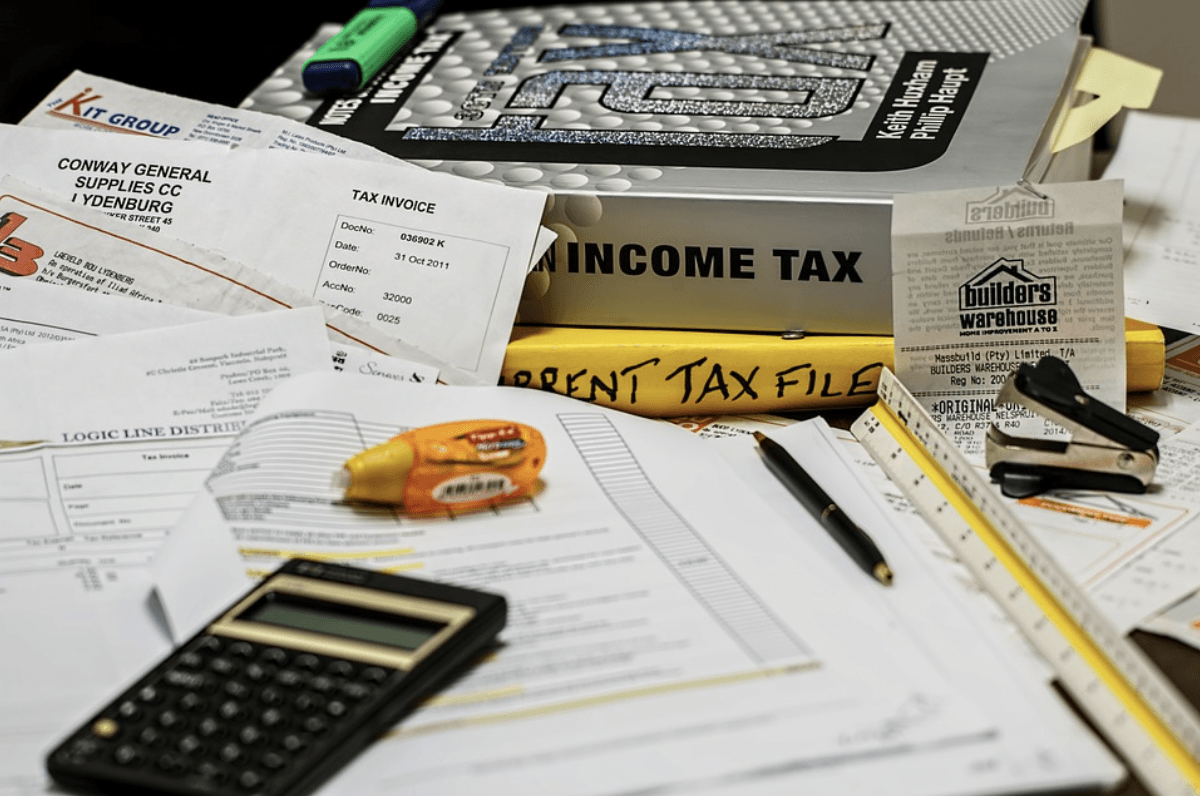What Are the Secrets to Reducing Business Tax Liability?
One of the downsides to running a business is paying taxes on any profits it makes. Generally speaking, the more profit your business makes, the higher your tax liability becomes. But, what if there was a way to reduce tax liability and keep more of your profit?
You might not realise it, but there are several “secrets” to achieving that goal. They are perfectly legitimate and don’t get classed by HMRC as tax avoidance schemes. Want to know what they are? Keep reading to find out more and learn how to pay less taxes:

Know Which Expenses Reduce Tax Liability
The first thing to do is understand which expenses you can use to reduce your business’s tax liability. Sadly, some entrepreneurs aren’t fully aware of what gets classed as an expense and end up paying more tax than they need to, resulting in lower profits on increased sales.
Some examples of allowable expenses include:
- Mobile phones in the company’s name;
- Business mileage in your personal vehicle;
- Accountancy fees.
It’s worth investigating which expenses are “allowable” by visiting the HMRC website for further information or discussing the subject with your accountant or tax advisor. Also, keep receipts for things like parking tickets as they are allowable and lower tax liability.
Outsource Accountancy and HR Functions
The trouble with doing everything in-house is that you can easily end up missing out on important tax law changes that could result in lower tax liability for your business. That’s why it can make sense to outsource accountancy and HR functions to third-party companies.
Their job isn’t just to make your life easier; they also provide their services in a tax-efficient manner. Plus, outsourcing such functions is typically more cost-effective than hiring in-house experts.
Claim Any Applicable Tax Relief
If you run a company, you will likely be interested in finding ways to reduce your corporation tax liability. One example is by ensuring your business claims any applicable tax relief, such as government-back R&D tax relief for innovation.
If you patent something, you could even claim patent box relief, resulting in a reduced corporation tax liability of just 10% compared with standard rates. There are several allowances and tax reliefs that might apply to your business.
Pay Your Tax Bills on Time
The general rule for business taxes is that you get levied a financial penalty if you don’t pay your tax bills on time. With that in mind, make sure you consistently pay your tax bills before the due date.
In some cases, HMRC can even give you some money back in the form of interest, such as when you pay your corporation tax bill early.
Final Thoughts
It can feel demotivating when you see that a large chunk of your business profits ends up going to the government. Paying business taxes is unavoidable for most firms. However, it’s not challenging to reduce your tax liability.
The above examples are legitimate methods that entrepreneurs can follow, irrespective of their business type, size or industry.












